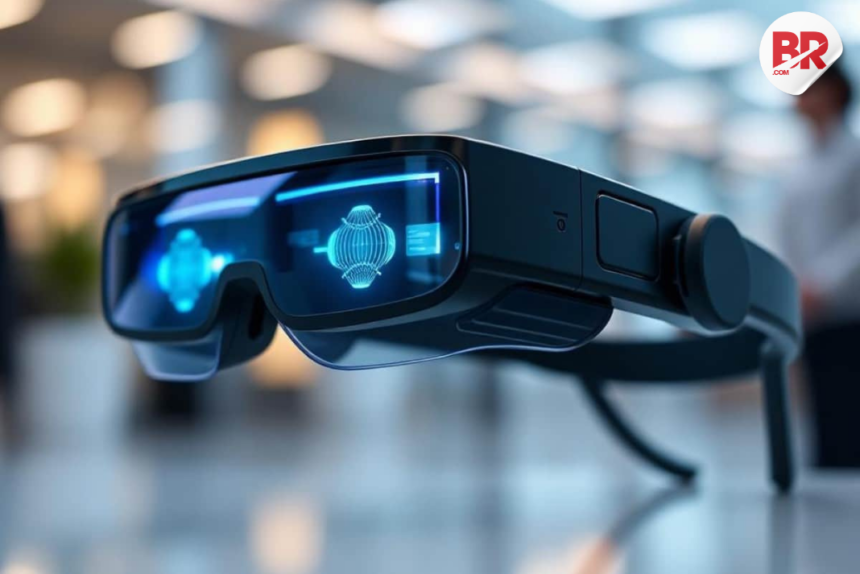
Meta has just unveiled the Aria Gen 2 research glasses, pushing the boundaries of augmented reality (AR) once again. These aren’t your typical smart glasses for daily use. Instead, they’re powerful research tools designed to collect data that will shape the future of AR technology.
So, what does this mean for you and me? Well, it means a future where glasses don’t just sit on your nose—they’ll understand where you’re looking, learn your habits, and blend digital info with the real world in ways that feel natural.

Imagine telling your glasses to pull up directions or identify a landmark, and it just knows what you want. Sounds like sci-fi, right? But Meta’s Aria Gen 2 is laying the groundwork for this future.
What Makes Aria Gen 2 Special?
First, it’s all about eye tracking. By knowing exactly where you’re looking, these glasses help developers understand what grabs your attention. This insight is gold for creating AR experiences that feel smooth and intuitive.
Next up is the 12MP camera. It captures sharper images and videos, helping the glasses “see” the environment better. This means better mapping, more accurate object recognition, and smarter AR responses.
But remember—these glasses are for researchers, not shoppers. They’re designed to gather data ethically and responsibly to improve AR tech.
Also Read Meta Ray-Ban Smart Glasses Are Watching the World—And India’s Next in Line
Why Does Research Matter?
AR is data-hungry. To build apps that feel right, developers need to study how people interact with AR in real life. The Aria Gen 2 glasses collect this data to help:
- Understand user behavior: What feels natural? What doesn’t?
- Improve AR algorithms: More data means smarter AI.
- Inspire new apps: Data sparks ideas we haven’t thought of yet.
Basically, Meta is using these glasses like a lab experiment to create the next generation of AR tools that could change everything from gaming to education.
Privacy and Ethics: A Big Deal
Collecting this much data isn’t without risks. Meta has to be clear about what data they collect and how it’s used. Privacy must be protected, and data anonymized when needed. Without trust, the future of AR won’t take off.
Looking Ahead
The Aria Gen 2 is a peek into the future. It’s not a product for sale but a key research tool that will help build AR experiences that feel natural, useful, and maybe even magical. For tech lovers in India and worldwide, this could mean new ways to learn, shop, work, and connect. Keep an eye on these glasses—they might just change how we see the world.
Also Read Meta’s New ‘Puffin’ Headset Might Launch in 2026 – Lighter, Smarter, and Controller-Free












